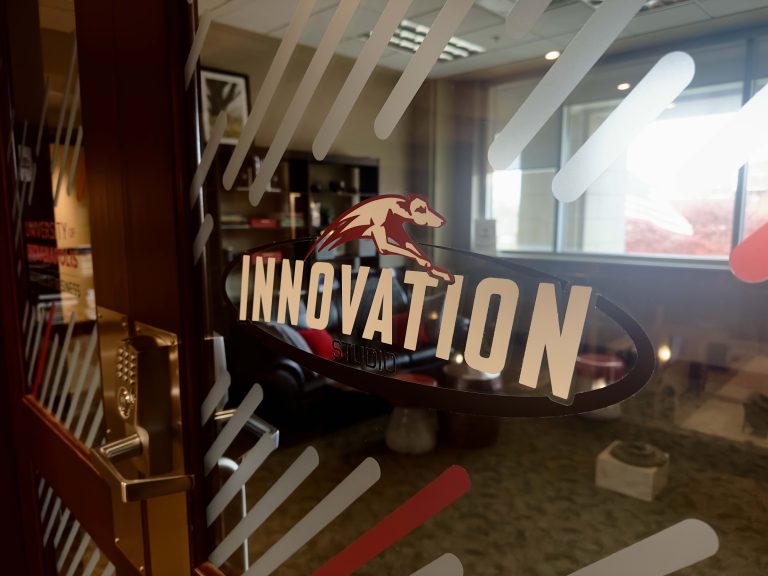April is sexual assault awareness month, which is intended to help educate and spread awareness about sexual violence. KEYS, an organization on campus that discusses the issues of and misconceptions about human trafficking, works to inform University of Indianapolis students about human trafficking and bring attention to it.
According to the Trafficking Victims’ Protection Act of 2008, sex trafficking is when a commercial sex act is brought by force, fraud or pressure, or when a person performs a sexual act who is not yet 18 years of age. Another type of human trafficking is when a person is being recruited, harbored or transported against their will for labor or services, through the use of force, fraud or pressure of subjection to involuntary servitude, peonage, debt bondage or slavery.
Junior psychology and occupational therapy major and president of KEYS Katie Mehrlich said she would like to reach out to UIndy students to spread awareness about human trafficking.
KEYS meets monthly to continue to spread this awareness to UIndy students.
“Our regular meetings are usually focused on a specific part of trafficking, learning more about a specific type [and] understanding how to identify someone being trafficked,” Mehrlich said.
KEYS has many events throughout the year. Mehrlich said their biggest is Week of Awareness.
“Every year, KEYS’ biggest event is our Week of Awareness,” Mehrlich said. “We try to do something every day [of] that week that brings awareness to the issue of human trafficking. We’ve had speakers come in who have experienced trafficking. We’ve had nights of fair trade, where students can buy products that are not produced through trafficking. We’ve had panel discussions, and many more things of that nature.”
Mehrlich said that the way most cases of human trafficking happen is from someone who plays the “boyfriend” role. Sophomore history and international relations major and KEYS Treasurer Heather Reid said that knowing how to tell the difference between a healthy and unhealthy relationship could help people avoid being victimized.
“Unfortunately, human trafficking happens everywhere, even down the street,” Mehrlich said. “It happens every day, and usually by people you know. Many times, it starts with taking away your money. They start to take control of your everyday life. They isolate you, confiscate ID’s, credit/debit cards, your passport, and they may even brand or tattoo you. We need to stress to both men and women, because even though it is rare, human trafficking does happen to men, that cases may range from mild to extreme. You need to be aware of the signs, because it happens every day.”
Mehrlich said that just being aware of human trafficking, and even sexual assault, can help prevent many cases from happening.
“If you are aware, then you can pick up on suspicious activity better,” she said. “If you can identify the red flags, then the better chances you have of not becoming a victim.”
Reid said that knowing the signs of human trafficking and that it happens to both men and women is important. She also said she wants to helps students understand the misconceptions regarding human trafficking.
“Human trafficking is not what most people think,” Reid said. “It does not only happen through traveling to foreign countries. It happens here. An example is [that] there is a girl from Carmel, Ind., [who] was a victim of trafficking, and she was away from her family for years before she was rescued and she is still recovering. That is an extreme case, but there are cases like that everywhere.”








